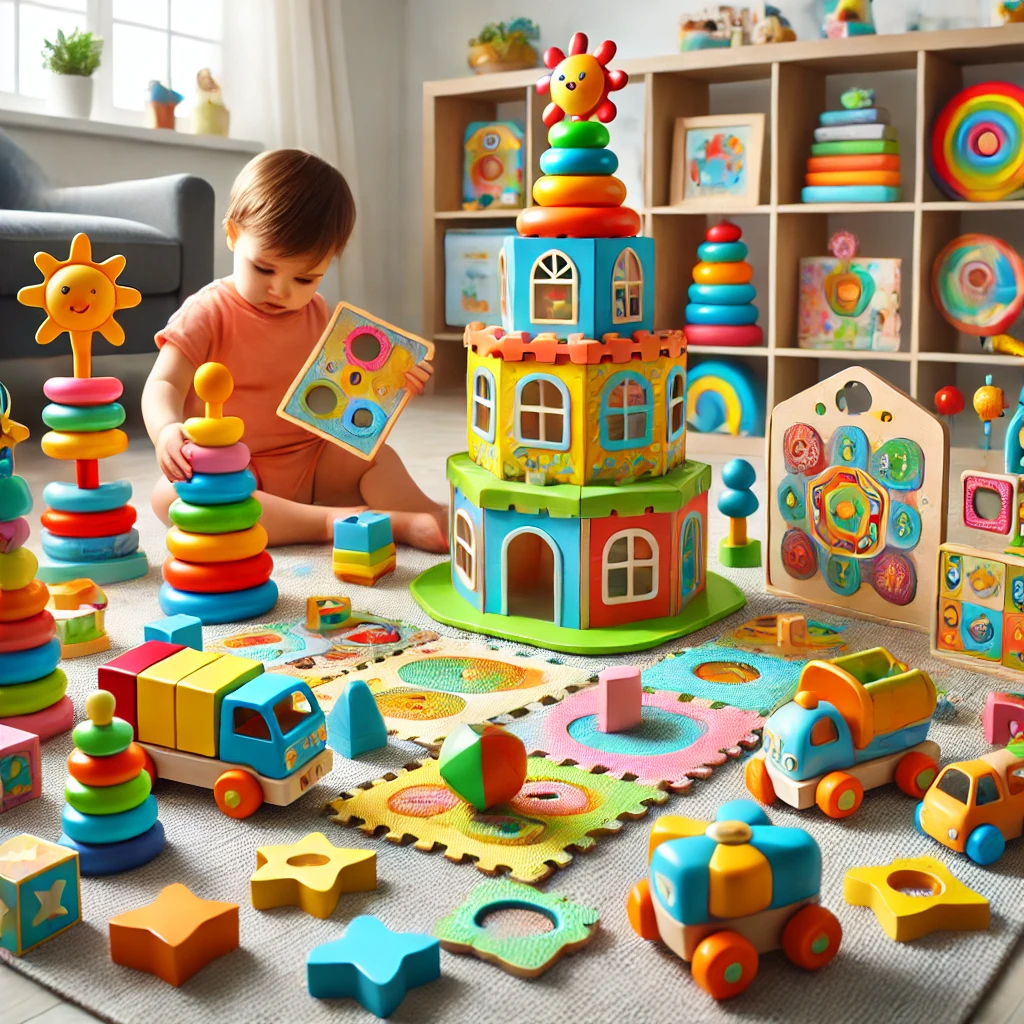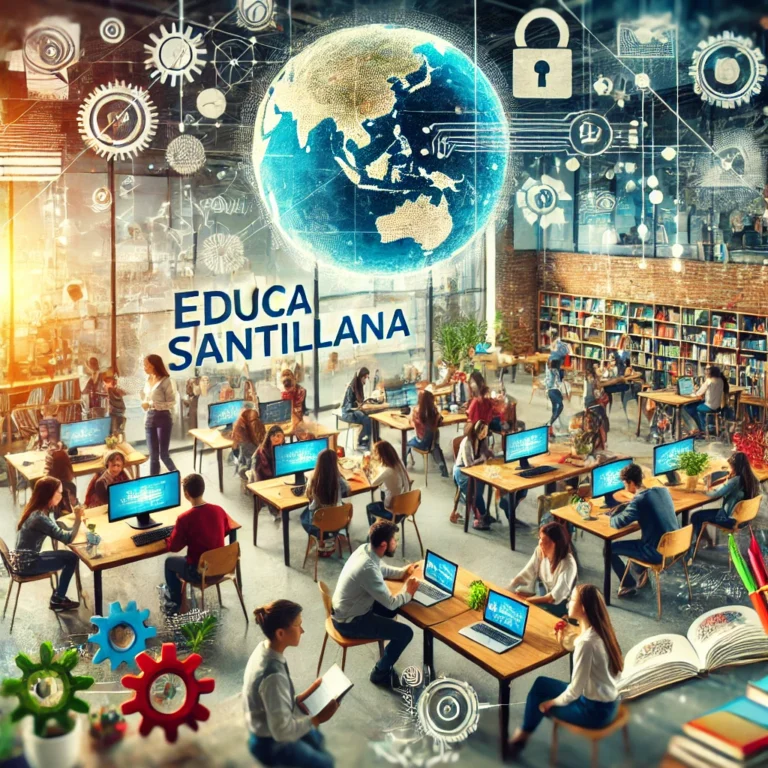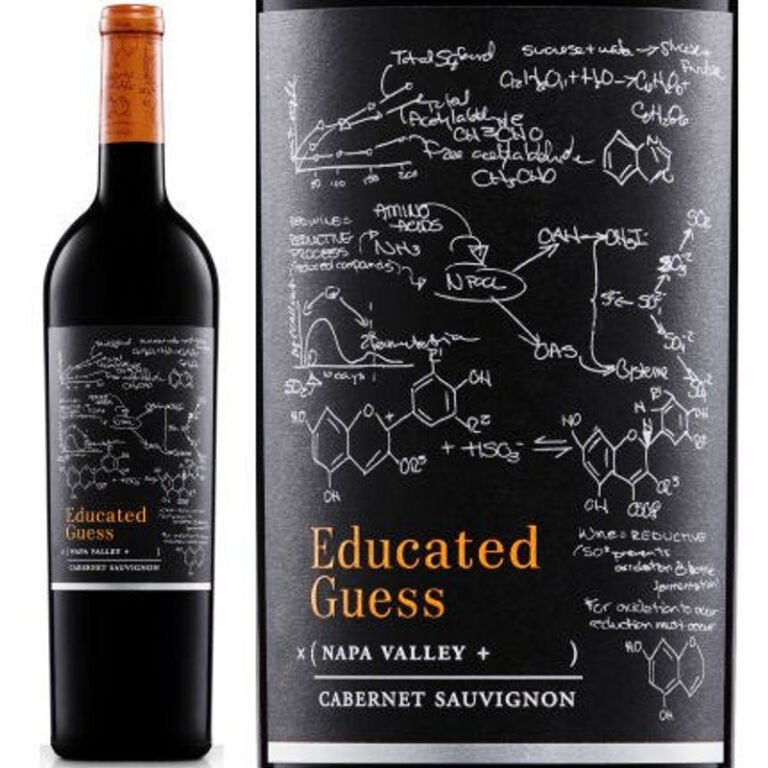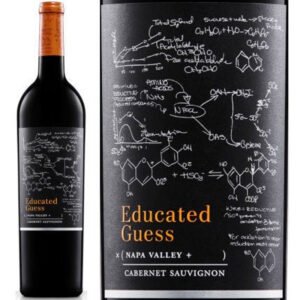At the age of two, children are at a critical stage of development where they are learning and growing rapidly. One of the best ways to support their cognitive, motor, and emotional growth is through play. Choosing the right educational toys for 2-year-olds can make a significant difference in helping them develop key skills while having fun. In this blog, we’ll explore the best types of educational toys that encourage learning, creativity, and active play.
Why Educational Toys Matter for 2-Year-Olds
At this age, toddlers are curious, active, and eager to explore the world around them. Educational toys serve multiple purposes, helping children develop language, problem-solving, fine motor skills, and social-emotional understanding. These toys not only entertain but also stimulate learning, making playtime both productive and enjoyable.
1. Building Blocks for Cognitive Development
Building blocks are one of the most versatile educational toys for 2-year-olds. They encourage creativity, improve hand-eye coordination, and teach children about colors, shapes, and spatial awareness. As your child stacks and organizes blocks, they also learn problem-solving skills, patience, and perseverance.
Why Building Blocks Are Important:
Building blocks enhance cognitive development by helping toddlers understand cause and effect. For example, when a block tower falls, they begin to grasp the concept of balance and structure. This kind of play promotes critical thinking and the ability to plan ahead.
2. Shape Sorters for Problem-Solving Skills
Shape sorters are classic educational toys that help toddlers develop problem-solving abilities. These toys encourage children to match shapes to the correct holes, which improves their spatial reasoning and fine motor skills.
How Shape Sorters Help:
Shape sorters challenge a child’s cognitive abilities as they figure out which shapes fit into specific holes. This toy fosters independent thinking while teaching toddlers about geometry and shapes in a fun, hands-on way.
3. Interactive Learning Tablets
As technology becomes more integrated into everyday life, interactive learning tablets designed specifically for toddlers have emerged as fantastic educational tools. These tablets feature activities that promote language development, color recognition, and memory skills.
Benefits of Interactive Learning Tablets:
Interactive toys provide an engaging way for toddlers to learn new concepts. Many tablets include games, songs, and activities that teach numbers, letters, and basic vocabulary. These toys are also great for developing fine motor skills as toddlers swipe and tap the screen.
4. Musical Instruments for Sensory Development
Musical toys, such as xylophones, drums, or shakers, are great for developing sensory and auditory skills. They encourage toddlers to experiment with sounds and rhythms, which can enhance their understanding of cause and effect. Playing with musical instruments also helps toddlers develop their sense of timing, coordination, and creativity.
Why Music Matters:
Introducing your child to musical instruments can lead to improved language skills and cognitive development. Music helps children express themselves, and it’s also a fun way to strengthen hand-eye coordination.
5. Books with Interactive Features
Books are essential tools for developing language and comprehension skills in toddlers. Interactive books, such as those with textures, flaps, or sounds, provide an engaging reading experience that can captivate a child’s attention while teaching them new words, concepts, and ideas.
Interactive Reading Benefits:
Interactive books encourage sensory exploration and help build a child’s vocabulary. They also improve listening and comprehension skills, making them a perfect choice for 2-year-olds who are just beginning to develop their language abilities.
6. Ride-On Toys for Physical Development
For physical development, ride-on toys are ideal for promoting balance and coordination. Whether it’s a push car, balance bike, or tricycle, these toys encourage outdoor play, which is important for a toddler’s gross motor skill development.
How Ride-On Toys Benefit Toddlers:
Ride-on toys help toddlers develop muscle strength and coordination. As they push, pull, or pedal, they enhance their balance and improve their overall physical fitness. These toys also promote independence and build confidence in a child’s physical abilities.
7. Pretend Play Sets for Social and Emotional Skills
Pretend play is crucial for the social and emotional development of 2-year-olds. Toys like play kitchens, tool sets, or doctor kits allow toddlers to engage in imaginative play, which helps them understand the world around them and explore different roles and scenarios.
Why Pretend Play is Important:
Pretend play encourages creativity, empathy, and communication skills. As toddlers mimic real-life activities, they learn how to express their emotions and interact with others, fostering both social and emotional growth.
Educational toys for 2-year-olds are essential tools that support early development by fostering creativity, problem-solving, and motor skills. These toys reflect the Philosophy of Christian Education Anthropology, which emphasizes the holistic growth of the child, integrating spiritual, cognitive, and physical development. Just as Christian education focuses on nurturing the whole person, selecting appropriate educational toys encourages young children to explore their world in ways that align with values of compassion, understanding, and learning. Through these toys, children can grow not only in knowledge but also in character, echoing the core principles of Christian educational philosophy.
Conclusion
Choosing the right educational toys for 2-year-olds can set the foundation for lifelong learning. These toys not only provide entertainment but also support essential developmental milestones such as cognitive, physical, and emotional skills. Whether you choose building blocks, shape sorters, or musical instruments, each of these toys offers a unique way to foster learning through play.





